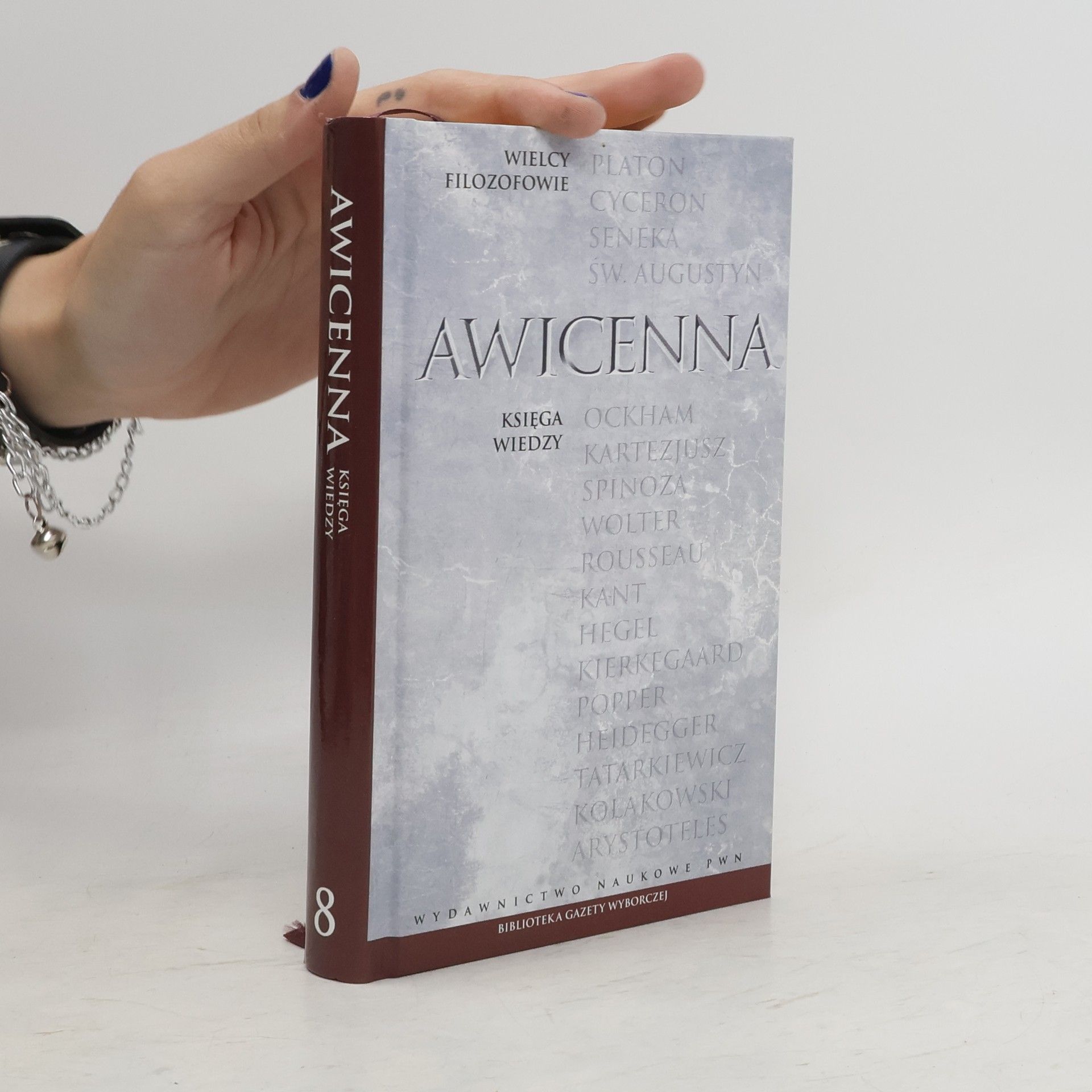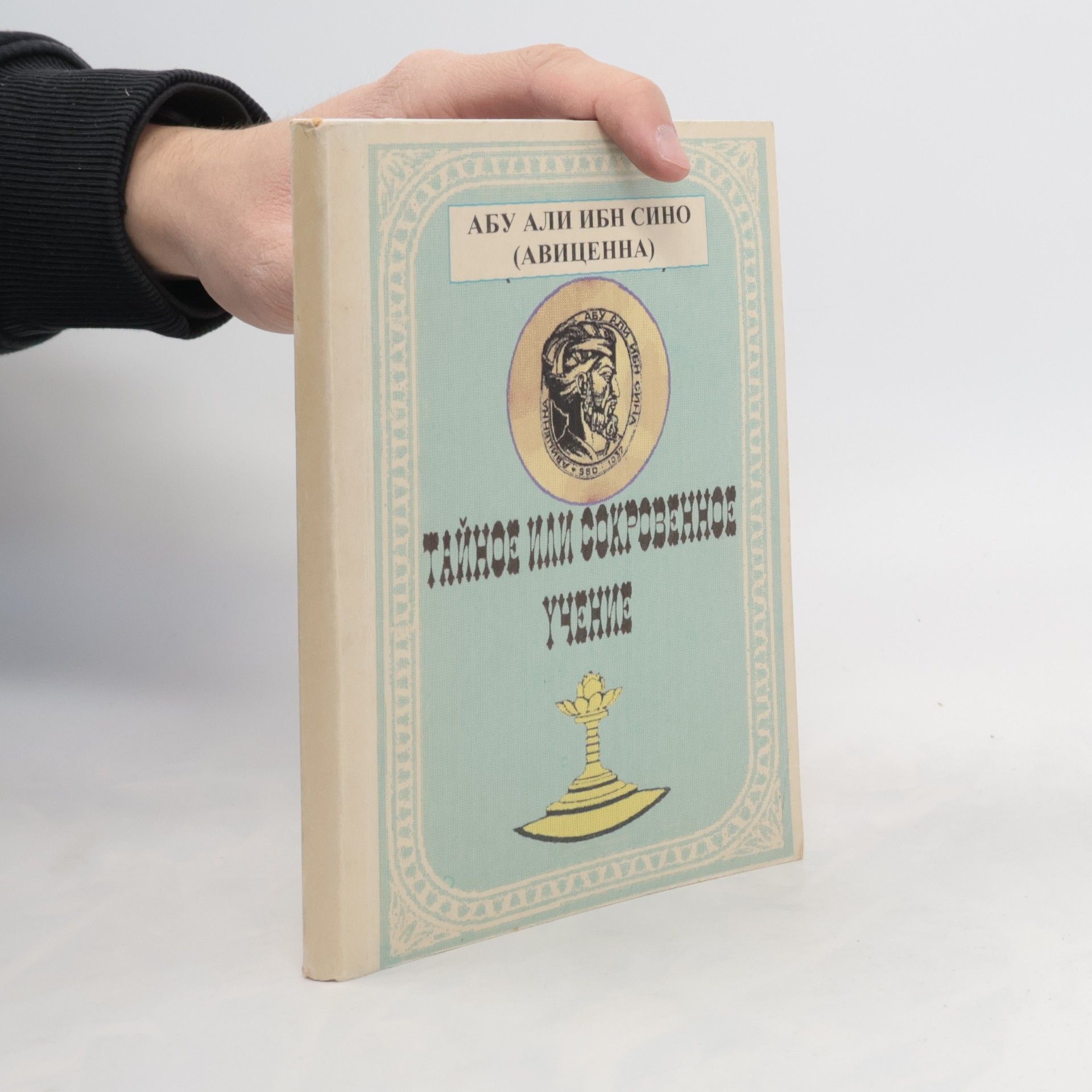Láska jako cesta k Bohu je netradičním výběrem z rozsáhlého díla Ibn Síny, jednoho z nejvýznamnějších středověkých muslimských filozofů. Přináší tři spisy, které stály vždy v pozadí myslitelových velkých filozofických kompendií a medicínských sum, a které přesto dodnes jitří představivost orientalistů a vzbuzují dohady o autorově příklonu k mysticismu. Živý, syn Bdícího, Pták a Salamán a Absál jsou příběhy o iniciaci lidské duše při její duchovní cestě vzhůru směrem k Bohu. Tento vyprávěcí cyklus je vhodně doplněn čtvrtým spisem, Pojednáním o lásce, představujícím jeho filozofické zázemí a sdílejícím společné motivy lásky jakožto hybného principu duchovní poutě a andělského potenciálu lidské duše. Přeložila, sestavila a teoretickým úvodem doplnila Magdaléna Vitásková
Avicenna Livres
Un polymathe éminent d'origine persane, ce médecin et philosophe estimé a profondément façonné le discours intellectuel. Ses œuvres encyclopédiques monumentales ont systématiquement organisé les connaissances, tandis que ses écrits médicaux ont servi de programmes d'études fondamentaux dans les universités européennes pendant des siècles. Il était réputé pour son approche globale de la médecine, fondée sur les principes des maîtres classiques. Son héritage comprend plus de deux cents écrits, dont beaucoup continuent d'inspirer aujourd'hui par leur profondeur et leur ampleur.







Księga wiedzy
- 268pages
- 10 heures de lecture
Die Augenheilkunde des Ibn Sina
aus dem Arabischen übersetzt und erläutert
- 204pages
- 8 heures de lecture
Die Rolle der Araber in der Kultur- und Heilkunde des Mittelalters wird beleuchtet, wobei ihre frühe Auseinandersetzung mit der hellenistischen Bildung und deren Weitergabe an das Abendland hervorgehoben wird. Trotz einer zunehmend positiven Bewertung ihrer Leistungen bleibt das Wissen über die arabische Kultur und insbesondere ihre medizinische Literatur begrenzt und oberflächlich. Die Literaturgeschichte konzentriert sich vorwiegend auf biografische und bibliografische Aspekte, was auf einen Bedarf an tiefergehenden Studien hinweist.
Zusammengesetzte Heilmittel der Araber nach dem Fünften Buch des Canons von Ebn Sina
- 322pages
- 12 heures de lecture

